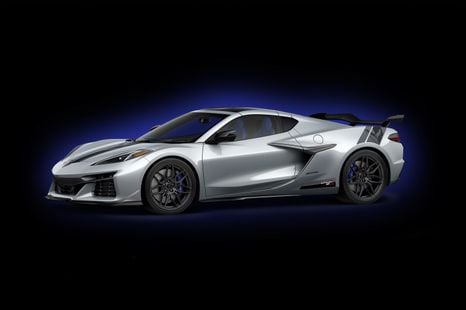

Damion Smy
Chevrolet Corvette Z06 Bathurst edition revealed for Australia
49 Minutes Ago
Stellantis and Mercedes-Benz have both signed a joint agreement with Factorial Energy to develop solid-state battery technology.

Contributor
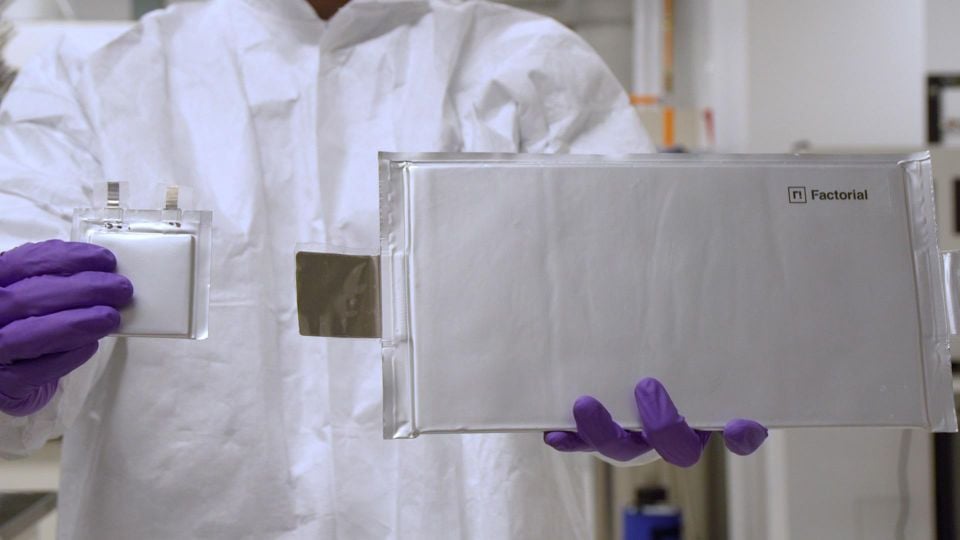

Contributor
Stellantis and Mercedes-Benz have announced they’ve signed joint agreements with US-based Factorial Energy to develop solid-state batteries for their vehicles.
It’s similar to the agreement that Hyundai and Kia announced in late October 2021 with Factorial Energy.
The US startup says it’s developed breakthrough solid-state batteries that are safer, cost no more than lithium-ion batteries, and boast 20 to 50 per cent longer range per charge.
They use a proprietary system called ‘Factorial Electrolyte System Technology’ (FEST), which uses a solid electrolyte material that’s been scaled in 40Ah cells.
Factorial Energy also says its batteries can be produced on most exisiting lithium-ion battery manufacturing equipment.
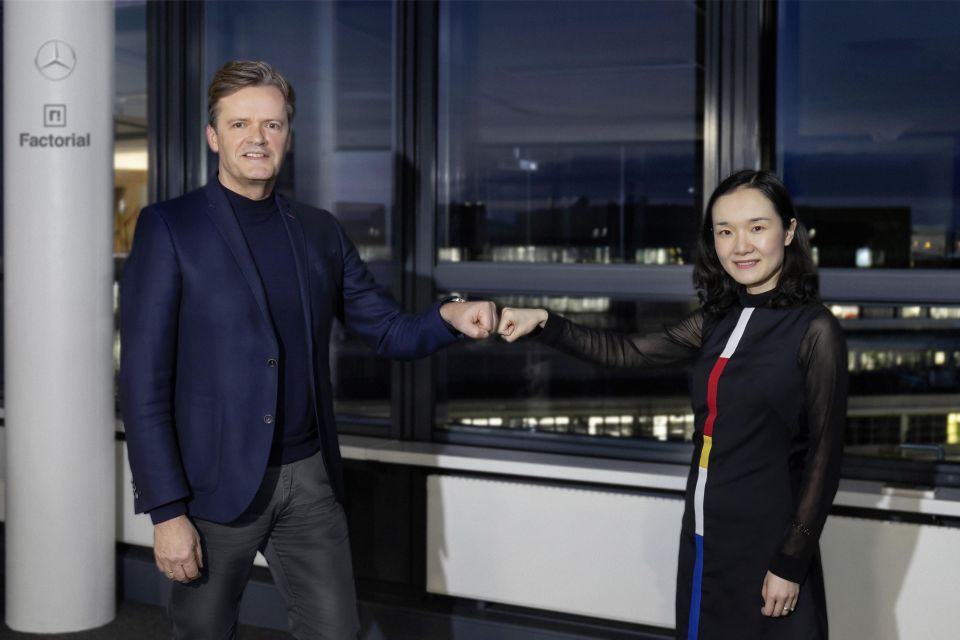
“These partnerships will accelerate our ability to commercialise our core technology,” said Factorial Energy CEO Siu Huang.
“With our new partners we can develop batteries that not only enable safer and longer driving range vehicles, but that are also compatible with conventional lithium-ion battery manufacturing environments.”
Evidently Factorial Energy’s solid-state battery technology is promising with Daimler chief technology officer Markus Schäfer acknowledging it’s “investing a high double-digit million dollar amount” in the solid-state battery startup.
Mercedes-Benz says it “aims to integrate the technology into a limited number of vehicles as part of a small series within the next five years”.
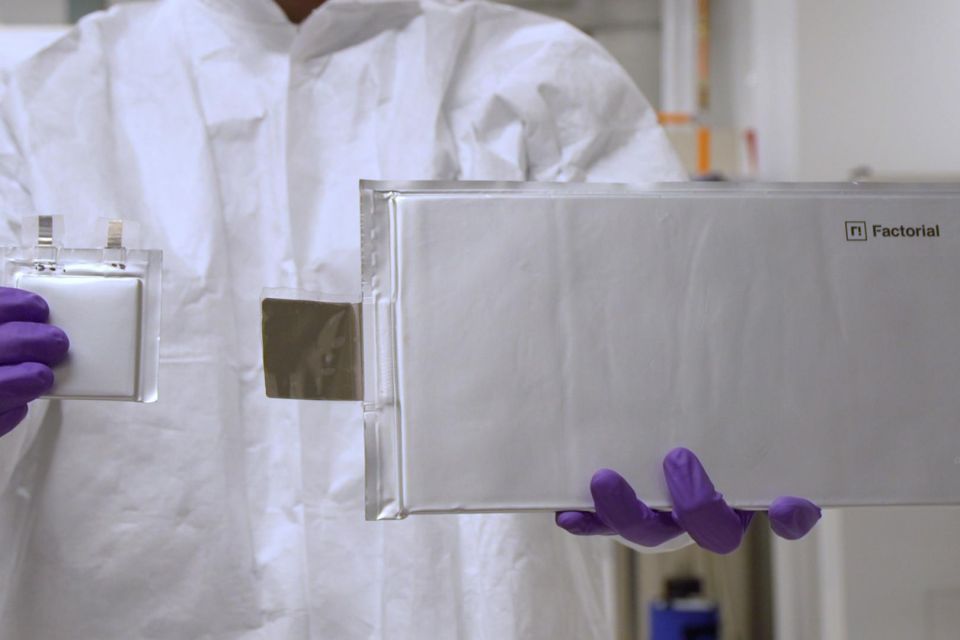
The German automaker also plans on testing prototype solid-state cells as early as 2022.
Stellantis on the other hand announced during its EV Day in July 2021 it plans on introducing its “first competitive solid state battery technology” by 2026, which is on a similar timeline as Mercedes-Benz.
Factorial Energy has some heavy hitters on its advisory board, including former Mercedes-Benz head Dieter Zetsche and former Ford CEO Mark Fields.
Solid-state batteries are seen as the next frontier in battery technology, with the likes of BMW, Ford, General Motors, Toyota and Volkswagen all investing in development of the technology.
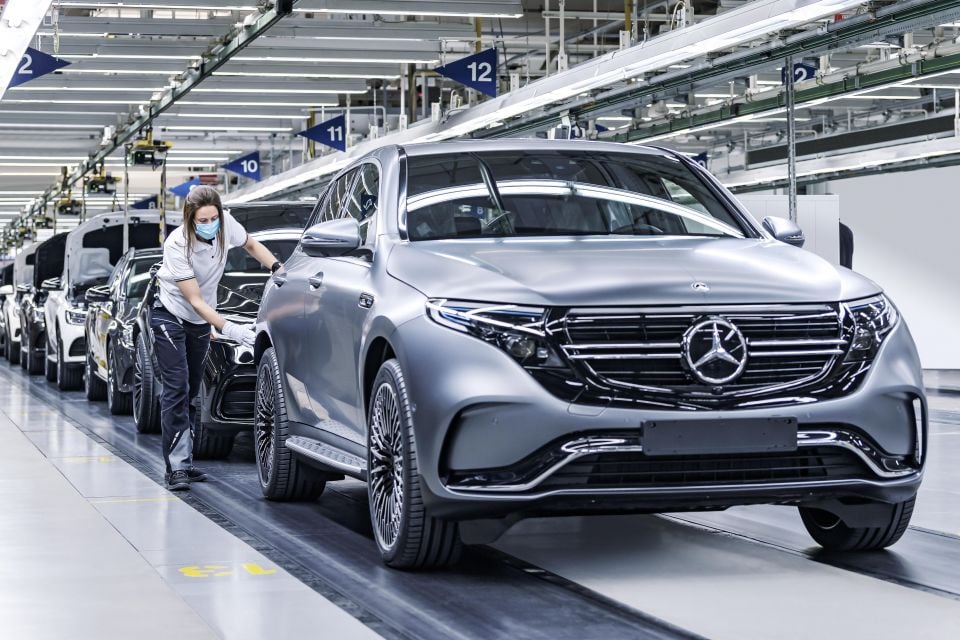
Toyota has been testing the technology since 2020 and says it’ll first introduce solid-state batteries in its hybrid vehicles.
The Nagoya-based automaker says using the batteries in its hybrids first will enable it to gain customer feedback before rolling out the technology in its upcoming electric vehicles.
It says a short service life is the primary concern with the batteries, and is therefore continuing its development of solid electrolyte materials.
Another issue that has appeared with solid-state batteries is their poor performance in colder temperatures.
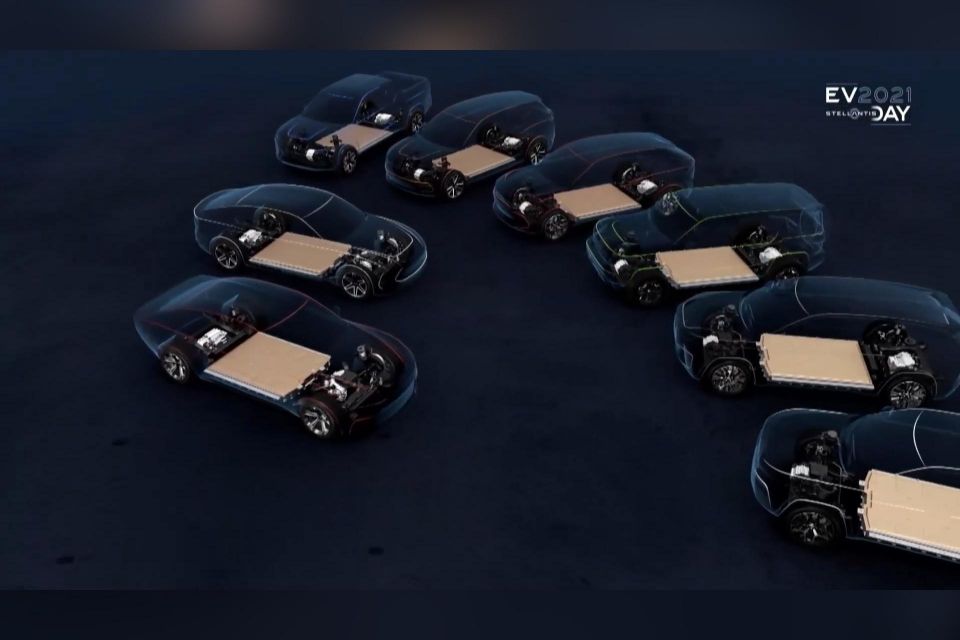
BMW and Ford have both invested in a rival US startup called Solid Power that also specialises in solid-state batteries. Hyundai’s previously invested in this company too.
In December 2020, Volkswagen-backed company QuantumScape announced it’ll have its solid-state batteries ready for production in 2024, while GM’s recently announced battery development centre in Warren, Michigan will develop solid-state batteries among other battery types, including silicon.
MORE: Hyundai and Kia developing solid-state batteries with US startup
Go deeper on the cars in our Showroom, compare your options, or see what a great deal looks like with help from our New Car Specialists.
Jack Quick is an automotive journalist based in Melbourne. Jack studied journalism and photography at Deakin University in Burwood, and previously represented the university in dance nationally. In his spare time, he loves to pump Charli XCX and play a bit of Grand Theft Auto. He’s also the proud owner of a blue, manual 2020 Suzuki Jimny.


Damion Smy
49 Minutes Ago
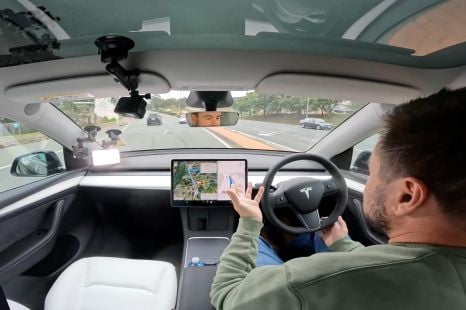

William Stopford
56 Minutes Ago
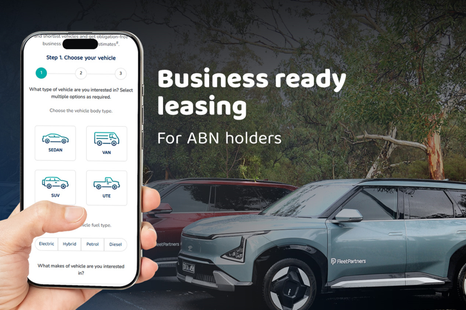

CarExpert
2 Hours Ago
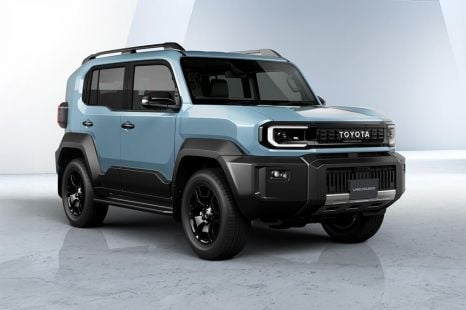

Damion Smy
2 Hours Ago
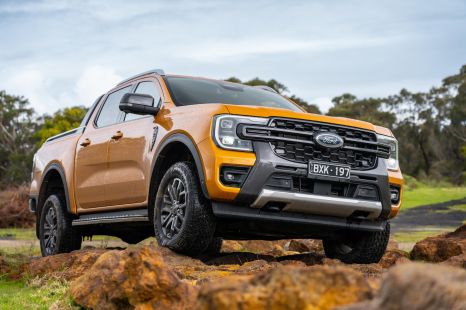

William Stopford
3 Hours Ago
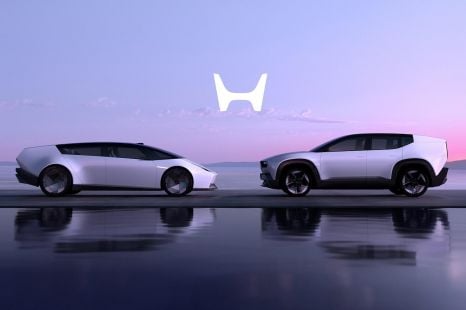

Derek Fung
7 Hours Ago
Add CarExpert as a Preferred Source on Google so your search results prioritise writing by actual experts, not AI.